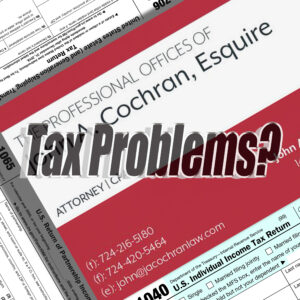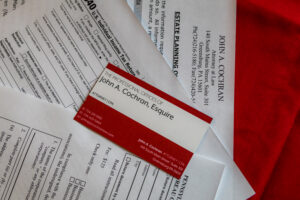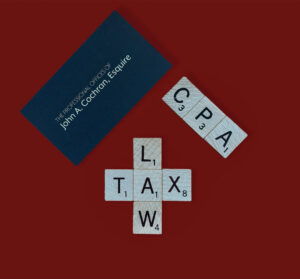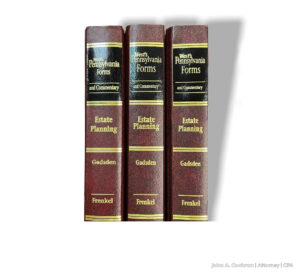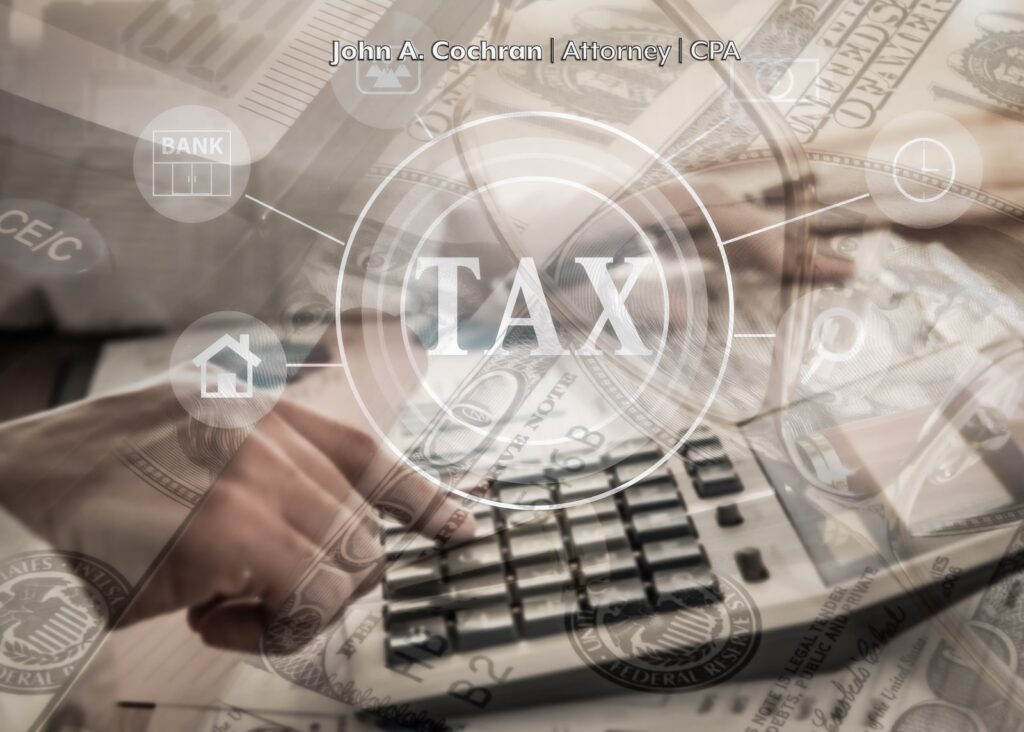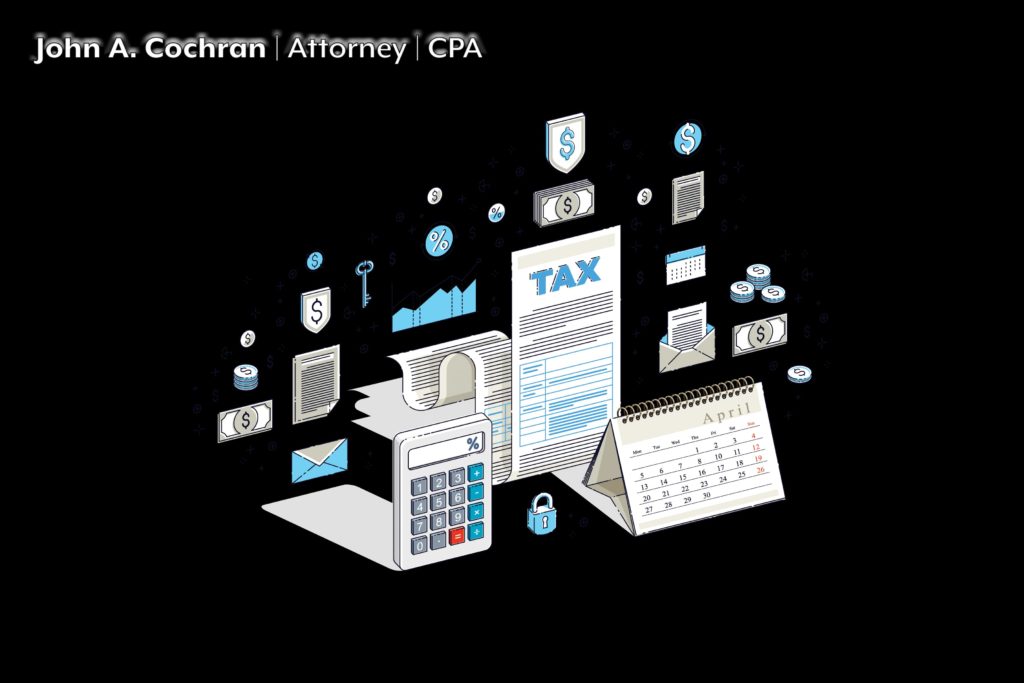This winter you can avoid three common problems to minimize tax pains that will make tax time easier and quicker. While gorging on your kids’ candy and sipping a pumpkin spice latte, you probably don’t have taxes on your mind. But maybe you should. Individuals and business owners alike handle tax season much better when they prepare. Year over year, we see tax filers ensnared in easily avoidable pitfalls.
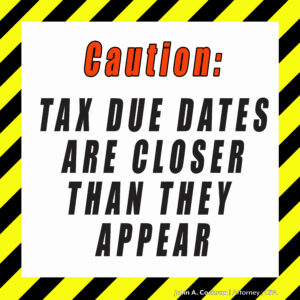
1. If You Don’t Have a Record of It, Don’t Try to Claim It
Maybe you legitimately paid for a new business computer but cannot find the receipt. You can always find the sales record somewhere. For example, you can check the card statement you used to purchase the item. Often the store itself can give you a copy of your bill of sale.
BUT don’t attempt to claim the personal laptop you bought for your kid for college. We both know that’s not a business expense. Guess what? The IRS will figure that out, too. Make several little “they’ll never notice” claims and you could expose yourself to costly penalties and undermine your creditability in dealing with the IRS.
Other murky areas that can raise red flags include:
Claiming utility costs for a home office (make sure you do it correctly).
Untraceable income to family members.
Lavish gifts.
Other expenses outsized for the level of income generated by a business.
Our advice: Be honest. That keeps you on the right side of an audit. When you have questions, don’t just guess at the answers or listen to some guy at a bar. Instead, ask a tax professional for advice.
2. I’ll Do It Tomorrow
Even if in school you worked “better under pressure” to study or write a paper, remember, taxes take time. You can’t cram for taxes by waiting until the last possible second.
When you wait until the 11th hour, you risk not having everything you need. Scrambling to organize paperwork the second week of April each year turns into risky business. Murphy’s Law will ensure important receipts will vanish or figures won’t add up correctly.
Our advice: Collate your receipts and record them (manually or automatically with software) throughout the year. Entering receipts periodically decreases the chance of losing important paperwork or gives you time to locate or replace lost items.
Bonus: You increase your chances of maximizing your deductions when you have time to consider all possible deductions thoughtfully.
3. Know What You Owe
Ever hear the expression: “you can’t use ignorance as a defense?” Know the full amount of your tax responsibilities. Many taxpayers find themselves in a bind by not being aware of their financial responsibilities.
Instead, go through everything honestly and find out the full extent of your obligations. If you come up shy, we can work out a plan to sort things out with the IRS. Being blissfully unaware does not exempt you and avoiding it will only make things worse.
Likewise, as we mentioned in previous blogs, if you receive a letter from the IRS, do not ignore it! We cannot stress this enough. Avoiding the letters, won’t make the problem go away. It will sit there and accrue more and more fees.
We have good news! You still have enough time to get things together, and we bet it’ll take less time than you think, too. So, deal with the shoebox under your desk, find a lost receipt, and get your paperwork organized.
You also have time to ask questions about allowable deductions and the best way to attack your unique tax situations. We can help. Our experienced tax professionals have helped hundreds of taxpayers just like you. If you can Avoid Three Common Problems to Minimize Tax Pains life will be easier come tax time! Contact our office at 724-216-5180 or use our online form to learn more.
